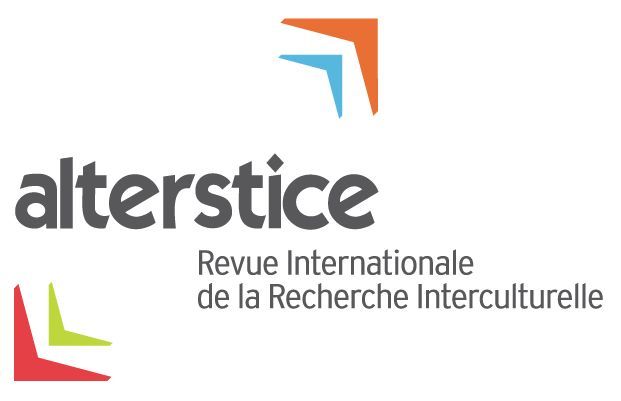Construction of Francophone families health literacy in a linguistic-minority situation
With the increase in international mobility, healthcare systems should no longer be ignoring language barriers. In addition to the benefit of reducing long-term costs, immigrant-friendly organizations should be concerned with mitigating the way language barriers increase individuals social vulnerabilities and inequities in health care and health status. This paper reports the findings of a qualitative, exploratory study of the health literacy of 28 Francophone families living in a linguistic-minority situation in Canada. Analysis of interviews revealed that participants social vulnerability, mainly due to their limited social and informational networks, influenced the construction of family health literacy. Disparities in access to healthcare services could be decreased by having health professionals work in alliance with Francophone community groups and by hiring bilingual health professionals. Linguistic isolation and lack of knowledge about local cultural organizations among Francophone immigrants were two important findings of this study.

